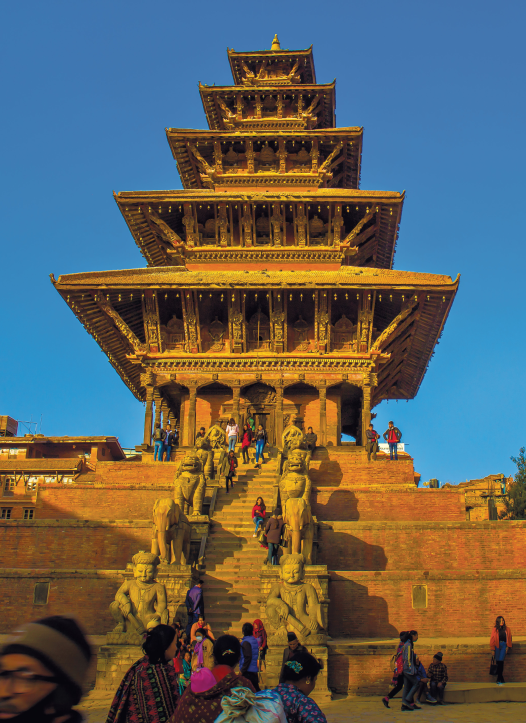“ ‘Write about what you know,’ the creative-writing teachers advise, hoping to avoid twenty-five stories about robots in love on Mars. And what could you know better than the inside of your own head?
“Almost anything. And almost anyone else is better positioned than you are to write about the foreign land between your ears. You are the person least qualified to be writing about changes in your own brain, since you need your brain to comprehend those changes. It’s like trying to fix a hammer by using the hammer you‘re trying to fix....”
 That’s the lead into a fascinating essay: ‘Have you lost your mind?’ by Michael Kinsley in The New Yorker magazine. It’s about living with Parkinson’s disease and cognitive ‘issues’ that implies.
That’s the lead into a fascinating essay: ‘Have you lost your mind?’ by Michael Kinsley in The New Yorker magazine. It’s about living with Parkinson’s disease and cognitive ‘issues’ that implies.
Everyone knows someone with Parkinson’s, or with Alzheimer’s (also noted for cognitive impairment), even if you don’t know that’s what they’ve got. (And because both diseases are not well known in Nepal, you might well not know.) But Kinsley knows. He’s had Parkinson’s for over two decades. His essay about it is an excellent example of a very personal, revealing description of this aspect of his self, particularly his brain/mind. He’s a writer whose difficulties have not stopped him from being a first-class journalist. ‘Have you lost your mind?’ should be required reading for anyone learning How to Write an Essay.
Who is Michael Kinsley?
Michael Kinsley is an American political pundit, television host journalist, and commentator. He’s been a writer, editor and columnist with some top magazines and newspapers internationally (New Republic, Time, Atlantic, Harper’s, New York Times, Wall Street Journal, Economist, and others). His opinions on the political and social issues of our times are greatly respected and sought after.
And, while he often writes himself into his essays, this one gives us a very personal look at his inner life. Parkinson’s has barely slowed him down.
Ultimately, however, I’m not writing about Parkinson’s. My essay is about essays, of which Kinsley’s is an excellent example.
What’s an Essay?
Aldous Huxley defined the essay as “One damned thing after another...” and as “a literary device for saying almost everything about almost anything”, says Richard Nordquist, a writing guru at About.com. And, “As definitions go,” writes Nordquist, Huxley’s definition “is no more or less exact than Francis Bacon›s ‘dispersed meditations,’ Samuel Johnson›s ‘loose sally of the mind,’ or Edward Hoagland›s ‘greased pig’.”
‘Essay’ is from French essayer, ‘to try’ or to make an ‘attempt’. Montaigne, the 16th century French Renaissance writer, was first to describe his ‘attempts’ to put personal opinion to pen. The first essays written in English were by Francis Bacon near the end of the 16th century, and at about the same time England’s Ben Johnson was first to be properly called an ‘Essayist’.
And then the list takes off, with many essayists from all over the world making literary history. Some noted English language essayists have been Mark Twain, Louisa May Alcott, Ralph Waldo Emerson, Henry David Thoreau, George Bernard Shaw, Charles Lamb, W.E.B. DuBois, Albert Camus, Winston Churchill, Isaac Asimov, W.H. Auden, Stephen J. Gould and Norman Mailer. More contemporary ones are John McPhee, Ted Conover, Joan Didion, Margaret Atwood, Umberto Eco, and Edward Hoagland. Perhaps you’ve read some of them.
Among noted Asian essayists are Nepal’s own Shankar Lamichane and Abhi Subedi*; India’s Jwalamukhi, Pankaj Mishra, and Indra Bahadur Rai; V.S. Naipaul of Trinidad & Tobago; Augurio Abeto (The Philippines); Saeko Himuro (Japan); Li Ao (Taiwan); and Liang Shiqiu (China). And, so many others...
Savage Desire, Curiosity and the Open Road
Looking ahead, if you write essays well enough to get noticed, you may soon be on the list. Meanwhile, here’s two ways that Cheryl Strayed describes the art of writing essays in her Introduction Best American Essays 2013 –
“Behind every good essay there’s an author with a savage desire to know more about what is already known” and “The essay’s engine is curiosity; its territory is the open road.”










